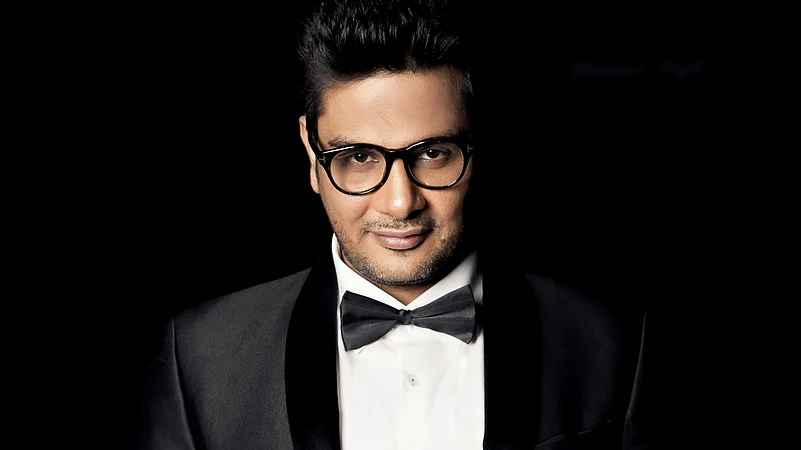Mukesh Chhabra is justifiably on a high, having just wrapped up the casting for Nitesh Tiwari’s ambitious (2026). One of Bollywood’s busiest casting directors, he has had quite the year as the man behind the scenes, launching, shaping and grooming some of the finest talent across movies and OTT platforms.
Having discovered actors like Sanya Malhotra, Vicky Kaushal, Mrunal Thakur, Kriti Sanon, Rajkummar Rao, Zahan Kapoor, Fatima Sana Sheikh, Sushant Singh Rajput and many more, and cast for over 300 movies, over a 100 web series and around 500 advertisements, Chhabra continues to unpack a multitude of talent across the country.
But casting requires patience, time and commitment—some casting projects take as long as the film itself. However, when done right, it elevates the director’s vision considerably. Diving into the emotional landscape of each character being cast is a great skill, and it is something that has helped him unearth fantastic talent, which might have faded away otherwise.
This is why some of Bollywood’s biggest directors, including Vishal Bhardwaj, Anurag Kashyap, Imtiaz Ali, Kabir Khan, Raj Kumar Hirani, Abhishek Kapoor, Sudhir Mishra, Anubhav Sinha, Farah Khan, Hansal Mehta and Rakeysh Omprakash Mehra, trust him with their casting, and he never fails to surprise.
His ensembles have been memorable to say the least—whether it was movies like Gangs of Wasseypur (2012), Dangal (2016), Tamasha (2015), Chhichhore (2019), Kai Po Che (2013), PK (2014), Bajrangi Bhaijaan (2015), 83 (2021), or web series like Black Warrant (2025), Delhi Crime (2019), Scam 1992: The Harshad Mehta Story (2020), the majority episodes of Family Man (2019-2025) and more.
Understanding the director’s vision is one thing, but enriching it with one’s own insights is what drives Chhabra. Surprising the audience with each project is a mantra that he lives by. In an interview with Lalita Iyer, Mukesh Chhabra reflects on the process and challenges of casting, keeping things fresh and real, dos and don'ts for actors and the importance of mental health in an actor’s journey. Edited excerpts:
What is your approach to casting like? Tell us about your process.
My process depends on the director's brief. I work with a range of directors—Raj Kumar Hirani, Vishal Bhardwaj, Imtiaz Ali, Hansal Mehta, Anurag Kashyap, Anubhav Sinha—they all have different ways of approaching films. So, first I read the script, I make my casting brief, and the director and I sit together and discuss each and every character—what world they want me to create, whether approach has to be realistic or performance-based, where is the story set, do we need completely fresh faces or a mix of old and new, or do we need a bigger star? We discuss everything in detail. Once I know that we are on the same page, I start my research. The process is on until I'm fully happy and satisfied with my options, which is when I share with the director. Sometimes the process can take one year, maybe two years, and sometimes three months.
What are some of the biggest challenges in casting?
The biggest challenge is to fulfil everyone’s vision, because each director thinks completely differently. So, you have to make sure you get into their heads. You have to stop thinking like yourself and start thinking like them and that is very challenging. To find fresh talent every time for every director is very difficult. For example, Raj Kumar Hirani and Vishal Bhardwaj may not like the same actors. It's difficult to explain and convince a director why you think this person is right, because they all have a different point of view.
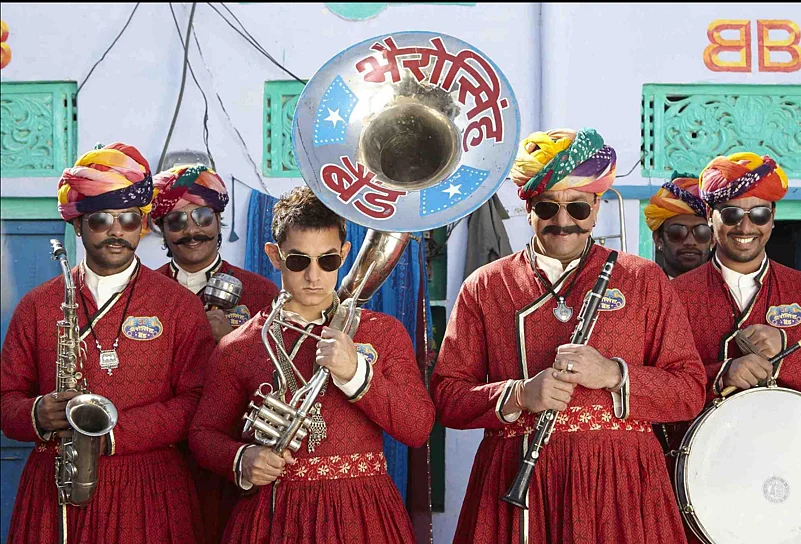
Can you tell me about a casting that really surprised you—something that you're really proud of?
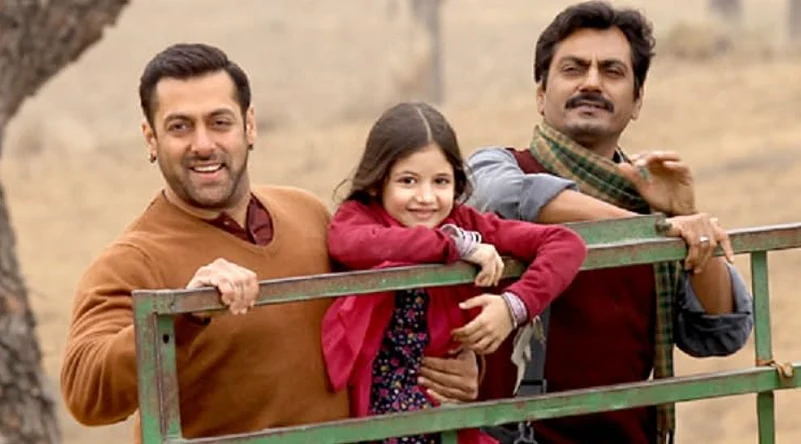
I would say Gangs of Wasseypur, because that changed my life; and Dangal and Bajrangi Bhaijaan, especially the casting of the little girl Munni. Without her, there is no Bajrangi Bhaijaan. Also, the Super 30 (2019) and Chillar Party (2011) kids.
Of course, Ramayana and Dhurandhar are upcoming. I also enjoyed casting for Black Warrant, Family Man…it’s hard to choose.
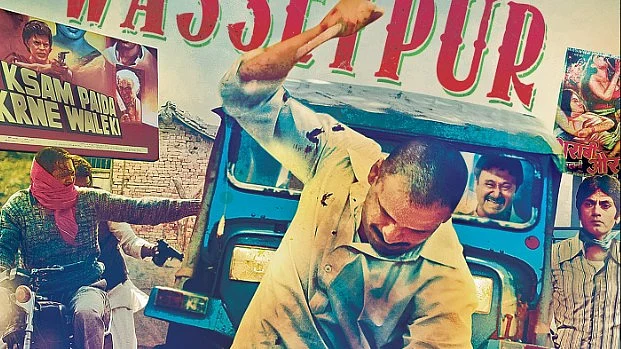
When you're casting for a particular project, it also involves choosing one person and rejecting others. How do you prepare an actor for rejection?
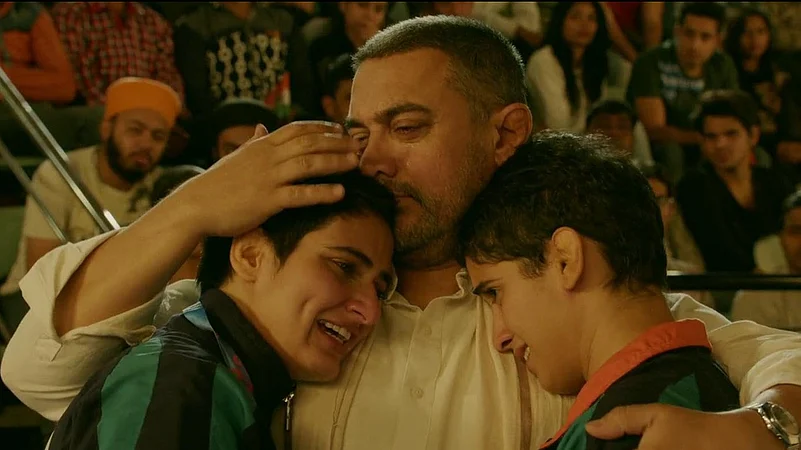
What I always tell them is that I'm not rejecting the actor; I'm only looking for my character. Sometimes, the actor is really good, but may not be right for my film. But then, saying no is still difficult because they come with a lot of hope and expectation. I reject more than I select, but I always tell them, it’s not about your performance. Sometimes, if they're really good, I always make sure that I cast them in another film or show, but that's my job.
It’s especially difficult to say no to kids, because they're very sensitive. Saying no to the other two kids who were shortlisted for Bajrangi Bhaijaan and Chillar Party was the toughest thing. But I always make sure I offer them something else when I can. I am glad I could offer Brahmastra (2022) to one of the kids who was rejected for Munni’s role in Bajrangi Bhaijaan.
To adults, it’s easy to say that rejection is part of your life, but it’s really hard to say that to a child.
For Dangal, we auditioned more than 12,000 kids, and then shortlisted 400 girls, then 200, then a 100, then 60, then 40, then 20, then 10, then eight, and then the final four. The process took one and a half years. I also met Mrunal Thakur in the Dangal audition and finally gave her Super 30. You know, you tend to remember people because of their performance in an audition, even if they don’t get the part.
But the best part about the Dangal audition was that Aamir (Khan) was present for every single audition, and was very supportive. He auditioned with every single girl personally and explained to them that it was all part of the process. “We will all go through the same process,” he said to them.
One often hears you speak about actors needing to be mentally fit. Can you explain what that means and how it is important?
I think it's important because there is less work and there are so many people wanting it. Mumbai is a challenging city: you face emotional issues, financial problems, age pressure, family pressure, and then suddenly, you lose hope. When you're not mentally fit, you go into a negative space, you get frustrated, and then you don't really work on your craft. I always tell them, “You chose this field. So, be happy. You may find work in a year or 10 years. But it’s okay if you don’t make it as an actor. It is absolutely fine.”
What would you advise someone who wants to build a career in acting?
The first thing I tell them is that networking or socialising doesn’t help. You want to be physically fit and work out at the gym, that’s fine, but being mentally fit is very important. The gym is not an option for that.
I also tell them to work on their craft. It is very important in today's time, because we are not looking for a particular look or body; all we look for is good actors and good performance. Thanks to digital, all the new shows and films on OTT, there is a great demand for good actors.
I also tell them to please figure out whether you really want to do it or you're doing it to be a part of the glamour world, or because you've seen other people doing it. It's a very, sincere, serious job—acting. Just don't take it lightly.
Tell us about the most unusual places where you have found talent.
I first saw the boy who played Fatka in Chillar Party at a red light, doing a cartwheel. I followed him, met his mother, and then we trained him. He won a National award for that film. I think when you are casting, you are subconsciously noticing people’s personalities wherever you go—at weddings, on the road, at cafes, schools, etc because you are working on so many films at a time. I found Munni (Bajrangi Bhaijaan) at a mall in Gurgaon. I ran into Amit Sadh on the road (Kai Po Che). The Chillar Party and Super 30 kids were from a small NGO in Patna.
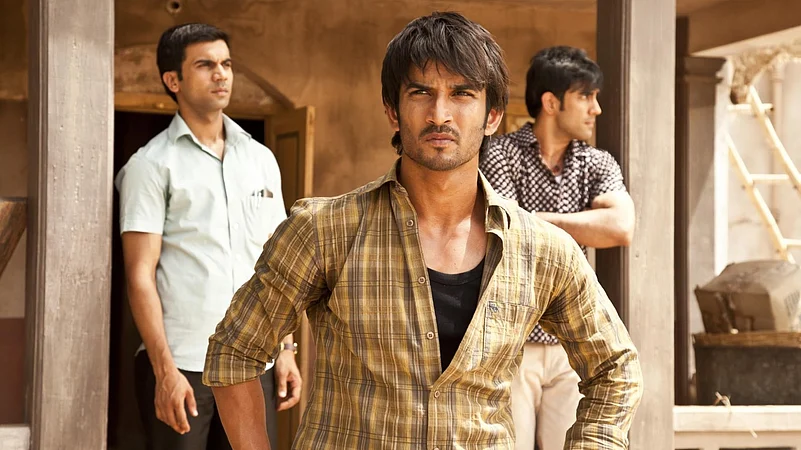
Has OTT changed the whole casting landscape in India?
Right now, Jaideep Ahlawat, Vijay Varma, Pankaj Tripathi, Amruta Subhash, Rasika Duggal are all big stars because of OTT. If they only relied on films, they wouldn’t have made it so big. OTT has given opportunities to so many new actors, writers, directors, editors, DOPs, production designers—opportunities have really scaled up. People are now looking at acting as a serious profession because of OTT.
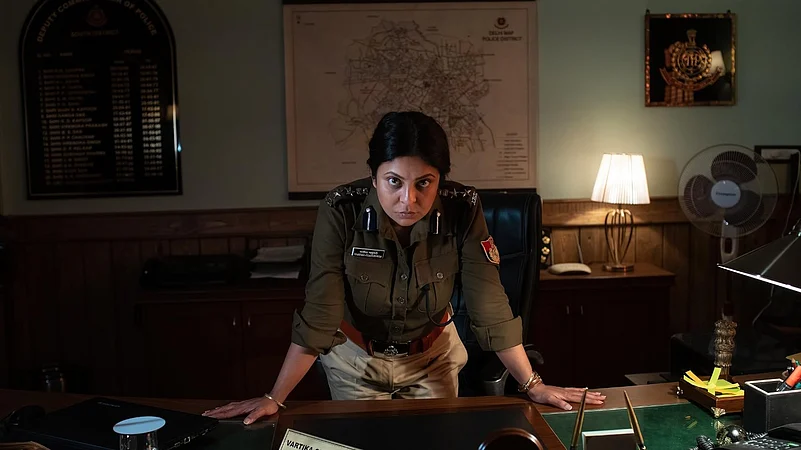
Any dos and don'ts that you would recommend to someone who wants to build a career as an actor?
Don't try to impress anyone in this industry. Just focus on your craft and maintain the dignity. Respect is very important. Be a true professional and approach people during working hours and meet people only in office. What I also suggest to actors is just be absolutely honest. When you're auditioning, don't try to be someone else. Don't try to hide your age or experience. Just be real. Don't change your personality. Be you. That's the only way, I always tell everyone.
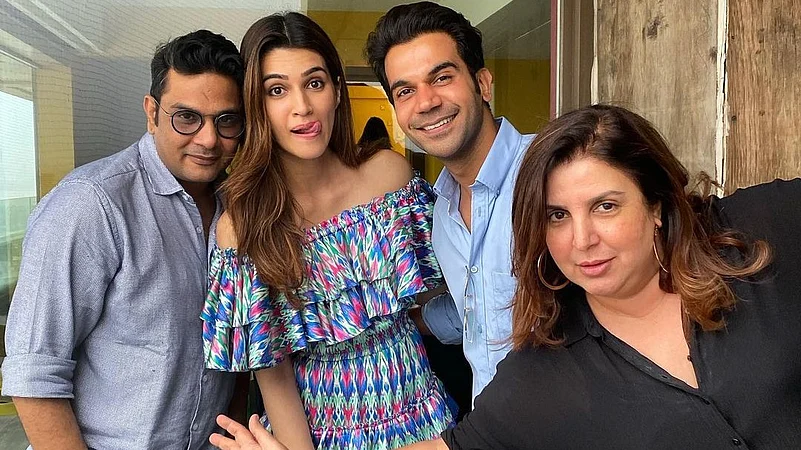
When someone gets started on their acting journey, what should they do first?
May be they should join a theatre group, start with one play and understand whether they are made for the field or not. Join a workshop, an acting class, start some kind of training. Don't directly jump into Bollywood. Just being on Instagram, making reels and content creating—that’s not acting.





